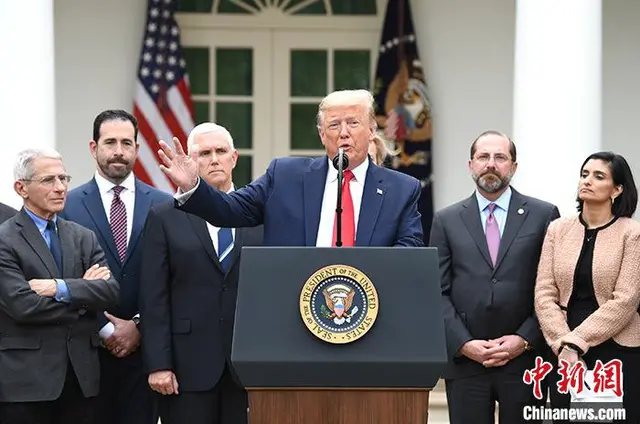The whole world economy is very mixed still with a lot of storm, but Chinese economy has pretty sunny outlook comparing with other countries, said PricewaterhouseCoopers UK (PwC) Chief Economist John Hawksworth in an interview with Xinhua.
Hawksworth, an economist specializing in global macroeconomics and public policy issues, used a weather chart to describe the world economic outlook for 2013, saying "the whole world is very mix, still has a lot of storm, and sunshine may creep out in the U.S., and a little bit of sunshine close to Australia and Brazil. "
2013 will be the first time since reliable records began when the emerging and developing economies will be bigger than the advanced economies.
Hawksworth predicted that China, the second biggest economy in the world, would achieve 7.8 percent economic growth in 2013, quite similar to last year. In longer term, China's growth is estimated at around 7 to 8 percent for the rest of the decade.
"Certainly China has great contribution to the world economy," and it is estimated to contribute almost a quarter to world growth in 2013, he said.
At the same time, he noticed China's important influence on multi markets such as equity and commodity markets, particularly on the prices which are very sensitive to the Chinese demand.
"If the Chinese economy picks up, all prices are pushed up, such as metal commodities and other materials. China is increasingly critical to the world economy.
As chief economist of PwC in Britain, Hawksworth was not optimistic as that about China. He said Britain is "pretty cloudy", but its prospects is expected to make gradual improvement in one or two years while a little bit sunshine might pick out behind cloud.
He pointed out despite recent more encouraging signs, Britain's economy remained relatively fragile and businesses must remain agile, review their strategy to adapt to a slow growth environment in the country, and respond to evolving global economic conditions.
"Lower inflation should ease the squeeze on households, but consumer spending growth will take time to recover, particularly as food and energy prices are now rising again.
"The share of UK exports going to the BRICs has the potential to double to around 16 percent by 2030. "
But to achieve this British companies need to up their game relative to U.S., German and French rivals who have so far done better in exporting to countries like China and India, he noted.
"China is a huge market with more than a billion people and it is likely to become increasing richer market as you get growing middle class people with rising wages and rising spending," Hawksworth said.
He said China is attractive to British retailers to open shops there. Speaking of Britain's comparative advantages, Hawksworth listed several areas Britain and China have great potentials to explore, including education, health care, Chinese traditional medicine, technologies and air space.
"Britain has a number of attraction to China. It's also a big market itself and also a good gateway to Europe, " he said.
"If you invest in Britain that could allow you to export to the rest ofEurope," he said.
Hawksworth has carried out economic consultancy assignments for a wide range of public and private sector organizations both in Britain and overseas over the past 20 years. Clients include several British government departments, the World Bank, the European Commission, government ministries in Turkey and Ukraine.
John Hawksworth
PricewaterhouseCoopers UK (PwC) Chief Economist
 简体中文
简体中文





